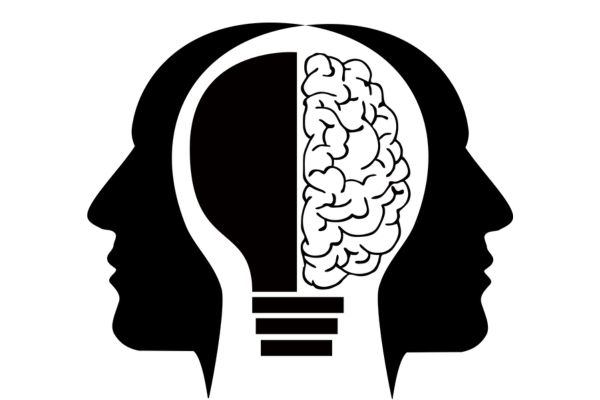Suffering a brain injury can have a profound impact on an individual’s life. The brain is a complex organ responsible for various cognitive, emotional, and physical functions, and when it is injured, it can lead to significant challenges and changes in one’s daily life.
One of the primary impacts of a brain injury is on cognitive function. Depending on the severity and location of the injury, individuals may experience difficulties with memory, attention, concentration, problem-solving, and decision-making. These cognitive challenges can make it challenging to perform tasks that were once routine or require complex mental processes. Additionally, communication skills may be affected, resulting in difficulties with speaking, understanding language, or expressing thoughts and ideas.
Brain injuries can also have emotional and behavioural consequences. Individuals may experience mood swings, irritability, anxiety, depression, and a decreased ability to regulate emotions. Personality changes can occur, leading to altered social interactions and relationships. Coping with these emotional and behavioural changes can be challenging for both the individual and their loved ones.
The physical impact of a brain injury can vary depending on the severity and location of the injury. Physical symptoms may include difficulty with coordination, balance, mobility, muscle weakness, or paralysis. Individuals may require assistance with activities of daily living or rehabilitation to regain physical functioning.
Furthermore, a brain injury can disrupt an individual’s social and occupational functioning. The challenges associated with cognitive, emotional, and physical changes may limit their ability to engage in work, hobbies, and social activities. This can lead to feelings of isolation, loss of identity, and a decreased sense of purpose.
However, it’s important to note that the impact of a brain injury can be highly individualised. Each person’s recovery journey and outcomes will vary depending on various factors such as the type and severity of the injury, the effectiveness of rehabilitation, and the individual’s support network.
With appropriate medical care, therapy, and support, individuals who have suffered a brain injury can experience significant improvements in their functioning and quality of life. Rehabilitation programs tailored to address specific challenges can help individuals regain cognitive, emotional, and physical abilities. Support from healthcare professionals, family, and friends can play a crucial role in the individual’s recovery and adjustment to life after a brain injury.
It’s essential to foster understanding, empathy, and support for individuals who have experienced a brain injury, as they navigate the complex challenges and strive to rebuild their lives with resilience and determination.

